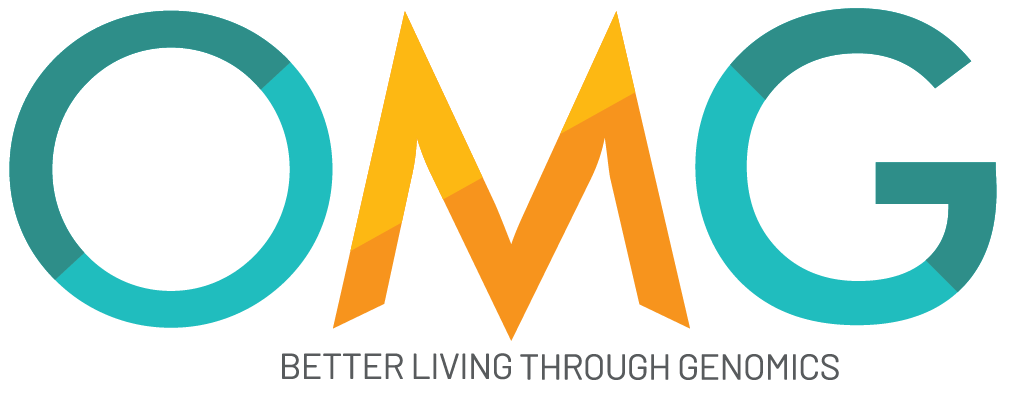Bioinformatics Consultation Service
Bioinformatics, as related to genetics and genomics, is a scientific subdiscipline that involves using computer technology to collect, store, analyse and disseminate biological data and information, such as DNA and amino acid sequences or annotations about those sequences. Scientists and clinicians use databases that organise and index such biological information to increase our understanding of health and disease and, in certain cases, as part of medical care.
We offer our bioinformatics expertise to help researchers obtain high-quality data analysis in an efficient and customizable way.
OhMyGene can help you get the most out of your genomics data and transform it into crucial information with our bioinformatics consulting services. Our services involve providing expertise and assistance in the analysis and interpretation of biological data, particularly data related to genetics, genomics, and other 'omics' disciplines. These services are typically offered by experts in the field of bioinformatics, who have a deep understanding of both biological principles and computational techniques.
We have,
Integrated project management.
Private IT.
High data security and privacy.
Customised workflows.
Curated outputs.
Well updated technicians.
Fast output generation.
Unique and standard published bioinformatics techniques.
Here are some common services that we offer :
1.Human Variant Calling data analysis : the process by which we identify variants from sequence data, By carrying out whole genome or whole exome sequencing to create FASTQ files and aligning the sequences to a reference genome, creating BAM or CRAM files then identifying where the aligned reads differ from the reference genome and write to a VCF file.
2.Metagenomics data analysis : It is the study of the structure and function of entire nucleotide sequences isolated and analysed from all the organisms (typically microbes) in a bulk sample. Operational taxonomic unit (OTU) Clustering, Alpha diversity, Beta diversity, and phylogenetic analysis are included.
3.Whole Mitochondrial data analysis : Studying mutations associated with mitochondrial disorders remains a challenge due to phenotypic variability and genetic heterogeneity among individuals. Mitochondrial sequencing with next-generation sequencing (NGS) technology addresses the challenges of, enabling comprehensive detection and analysis of mitochondrial disease-associated variants. Consensus sequence generation, annotations, identification, and phylogenetic analysis are included.
4.Primer Designing : A primer is a short synthetic oligonucleotide that is used in many molecular techniques from PCR to DNA sequencing. Primers are designed to have a sequence that is the reverse complement of a region of template or target DNA to which we wish the primer to anneal.
5.NCBI Data Submission : We assist with NCBI Data submission
a. SRA submission
b. SRA submission
